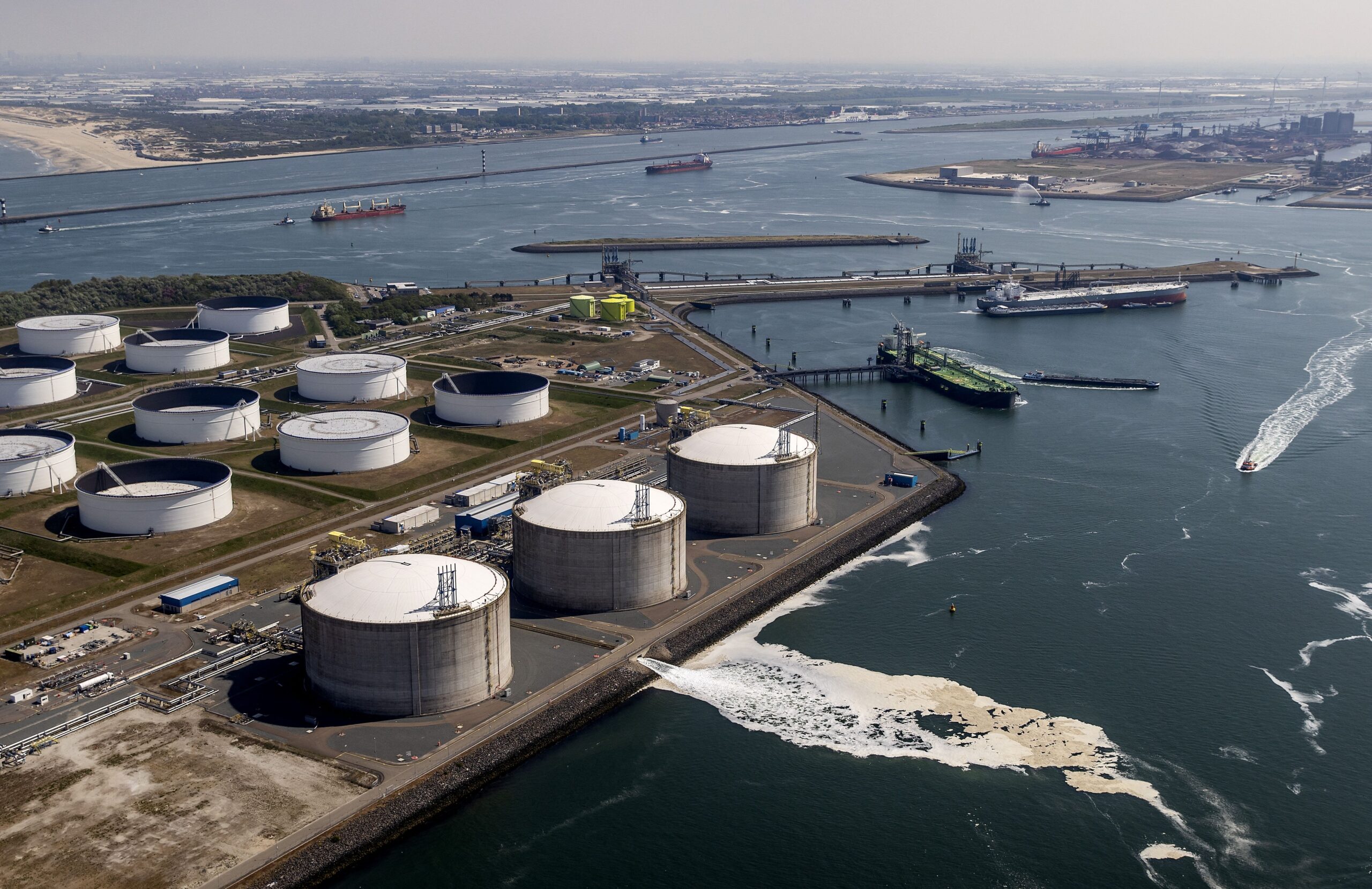
Gas volatility exposes weaknesses in EU energy policy

Gas prices are now projected to remain stubbornly higher than envisaged by costings for current EU strategy.
The EU’s latest energy policy proposals do not do enough to wean the bloc off expensive gas, according to new analysis by climate think tanks, which find that persistent rises in the price of fossil fuels could add as much as €250bn to the projected 2030 cost of the union’s pre-Ukraine plans.
Ember and Global Witness found that the gas purchases required by the current ‘fit for 55’ policy package, which sets out to reduce greenhouse gas emissions by at least 55 per cent by 2030, would cost €42 bn more in 2030 based on a current forward price of €33/MWhr. The impact assessment for the policy assumed a €19/MWhr, according to Ember.
Current natural gas prices are higher still at €98/MWh, according to the European benchmark Dutch Transfer Facility, which if unabated could add €250bn to the cost of supplying European power.
In response to these concerns, the European Commission has set out a new proposal, REPowerEU, to diversify away from Russian energy sources and accelerate the deployment of renewables.
But the think tanks say this proposal lacks ambition, only cutting 2825 TWh of fossil gas electricity in 2030 down to 2280 TWh – just €47bn of the €250bn projected at today’s prices.
A faster switch to renewables could mitigate these cost increases, the organisation say, pointing to lower-carbon policy proposals such as the Climate Action Network energy scenario saving €21 bn at the projected gas price, or €123 billion at today’s price.
“Gambling on fossil gas is a losing bet. High and volatile gas prices are here to stay and will cost the EU dearly. The money is better spent on a transition that can bring stable, clean and affordable energy to all Europeans,” says Sarah Brown, senior analyst at Ember.
Brown adds: “What the analysis is showing is that there are much cheaper cleaner and domestic solutions that can be implemented. The 55 target will result in reduced costs for consumers because you are moving away from very expensive volatile fossil fuels.”
The war in Ukraine has added further urgency to Europe’s climate deadlines. Murray Worthy, Gas Campaign Leader at Global Witness, says: “Ending the EU’s deep gas dependency protects people from price rises, helps us fight the climate crisis and denies Putin the funds for his brutal invasion of Ukraine.”
Similar Articles

In Charts: Capacity constraints and lack of awareness limit Chinese green municipal bond issuance

In Charts: Europe must choose between Chinese EV imports or its emissions targets, says ECA


